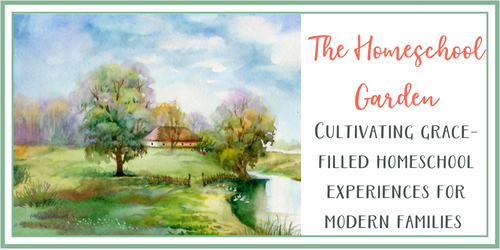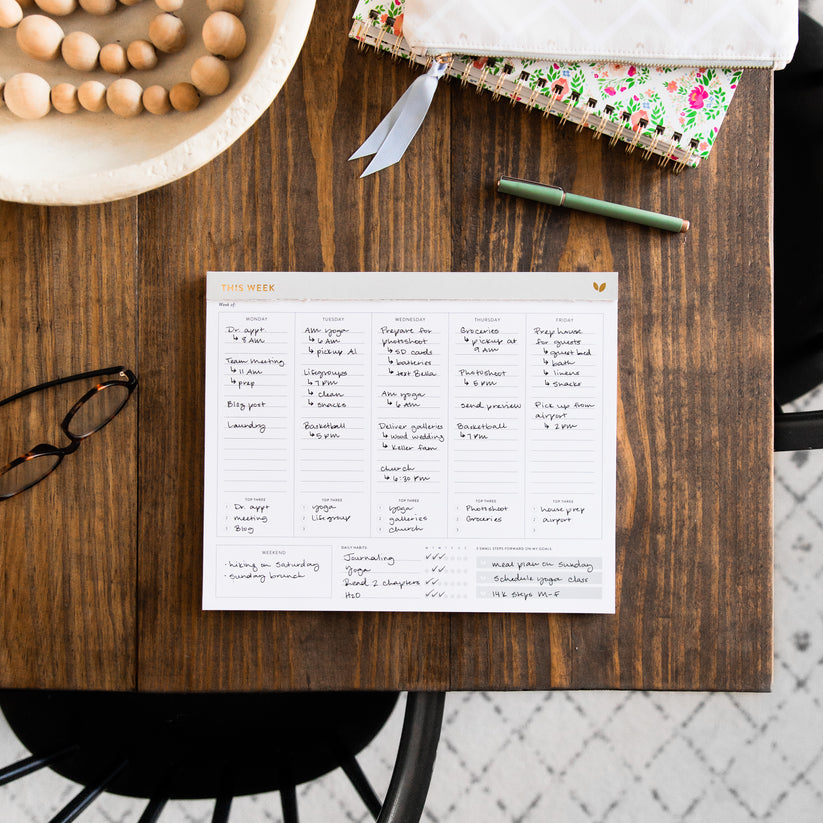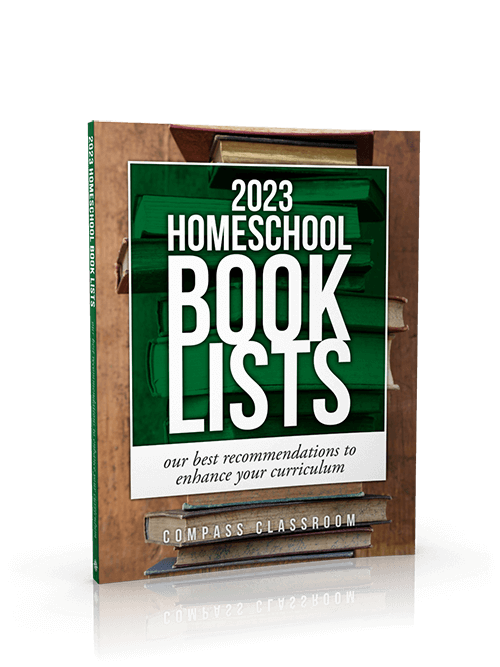
Today’s episode is brought to you by Audible. Get your free Audible Trial here.
Listen here:
Homeschool, Socialization, and Special Needs
“I would love to homeschool my child with special needs, but they need extra opportunities to practice their social skills.”
This is one of the most common reasons I hear for parents feeling hesitant to homeschool their child with special needs, especially those with autism or ADHD. They feel like they’d be robbing their children of the chance to build up their social skills, and no one wants to do that.
Hi. I’m Jill from Autism Homeschool Mama, and I just wanted to encourage you that this couldn’t be further from the truth. Maybe this isn’t you, but if you have a friend who needs to hear this important truth, please go ahead and share this podcast with them.
Making the decision to homeschool – I was deathly afraid of this. Social skills WAS a main priority. It was huge. However, at that point, I didn’t even feel like I had any choice anymore. I just had to do it. Four years later, I have learned just how wrong I was. I should have taken the lead much, much sooner. I wish I could have. So now, I want to share what I’ve learned with other parents who feel the same. My motto now when it comes to social skills is quality over quantity.
Let me quickly share with you five of the biggest reasons that I think homeschooling is better, yes better, for strengthening the social skills of special needs children.
First, there aren’t as many bullying issues in homeschool. Our kids may receive ample opportunity for being social in public school, but so much of it ends up being learning how to react to bullying or negative behaviors. This eventually trickles into other peer relationships. A defense is built up, and everyone begins to be viewed through the lens of a potential foe.
The next reason is that you are there to provide support and guidance as needed. These daily bullying issues that we always faced always ended badly for my son. Without one-on-one support to model appropriate behavior, our kids end up living in panic and anxiety all the time. No one, I promise you, no one is building great social skills in these situations. Unless you’re lucky enough to have a really amazing one-on-one aide who follows them throughout the entire day, our kids are on their own in public school when it comes to social interactions and social skills.
My third reason – Children with special needs need to practice in real world environments if they want to be able to carry their skills well from situation to situation. They don’t easily translate skills when situations are radically different, and when they’re really only using public school to learn, then they’re always learning in a group full of same age peers and in a classroom. We want our kids to develop strong social skills within a full rainbow of God’s creation, the whole spectrum, all ages, anywhere. They need that flexibility. This takes lots of intentional practice. That’s really hard to do when they’re cooped up in school for hours and hours every day, nearly every day of the year, or at least the majority, I should say.
Fourth, pleasurable experiences are super motivating. When our kids have negative social experiences, they shut down. Who wants to go and be social each day when it consistently ends in misery, or fatigue, or getting in trouble? Think about introvert memes you see, and how much you can relate to them sometimes. It’s the exact same for our kids, but, given the right situation, socializing can be fun and rewarding.
Kids these days get plenty of social interaction from things like 4-H, playgrounds, church, play dates, libraries, book clubs, sports, youth group, you name it. The thing is, these are all fun experiences, and they center around shared passions. On top of that, they only last so long, and only for so many days a week. So, they don’t get that same burnout as in school. And if they’re having a bad day, you can just pull back. Just take the day off. There’s no pressure for attendance.
All right. Finally, my last point here is that you can make social skills part of your homeschool. You can make it a priority as much or as little as you want or need, and if you’ve got more than one kid at home, don’t forget that they’re getting social skills practice that way too. They’re not isolated. They’re still interacting with peers at that point.
You can visit the Social Skills tab on my website to learn more, but the point is, they are not teaching social skills in an average classroom. They’re teaching to common core and standardized testing only. Those are their priorities, not social skills, despite the fact that they’re essential to a child’s future success in society.
Is my son a superhero, like social skills ninja, since homeschooling? No. But is he a million times better? Yes. Oh, my goodness, yes. Our ABA tech has come and said so many times how much he’s improved since switching to home school. It hasn’t taken away all of the autism-related social skills deficits that my son naturally experiences, but it’s minimized them and it’s made them better, rather than making them worse, as had been the case at public school.
So, obviously, I could probably go on and on forever about this topic, but hopefully these five reasons have given you some good food for thought. And if you’re feeling anxious about homeschooling, particularly because of the social aspects, I just want to encourage you to really open your mind and consider that public school socialization is actually a pretty new concept in the grand scheme of things.
Remember that you are the fiercest and most dedicated advocate your child will ever have.

About Jill
Jill Camacho is a Christian, homeschooler, “boy mom,” and special needs parent. She has ADHD and has learned firsthand how adapting environments can be key to finding success! Her current mission is to empower parents whose desire is to homeschool their special needs children and helping them squash their self-doubt. Find Jill online at Autism Homeschool Mama, on Facebook, and on Instagram.









Leave a Reply